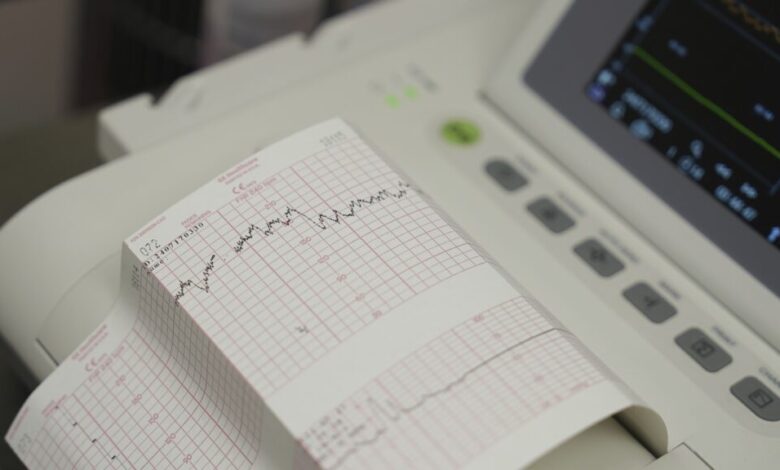PRAMS maternal mortality database in limbo as CDC staff placed on leave

The recent layoffs at the Department of Health and Human Services have had a significant impact on the Pregnancy Risk Assessment Monitoring System (PRAMS), a crucial dataset that offers insights into maternal health in the U.S. The entire staff overseeing the annual survey, which is considered the gold standard in the field, has been placed on administrative leave.
PRAMS collects survey responses from individuals before and after giving birth, providing detailed information on maternal health. The dataset has been instrumental in helping researchers understand the high maternal mortality rates in the country. Administered by 46 states, the District of Columbia, Puerto Rico, and the Northern Mariana Islands, PRAMS accounts for up to 81% of births in the U.S.
The Centers for Disease Control and Prevention (CDC) oversaw the survey, but with the recent layoffs, the future of the program is uncertain. The Department of Health and Human Services has announced plans to reorganize and create a new agency, the Administration for a Healthy America.
Researchers and experts have expressed concerns about the potential impacts of losing the PRAMS staff. Katy Kozhimannil, a health policy researcher at the University of Minnesota, emphasized the importance of the dataset for studying maternal health. Despite the temporary pause in data collection due to compliance issues with executive orders, researchers have stressed the necessity of PRAMS in understanding maternal mortality and developing effective programs to address it.
The email sent to states on Tuesday provided no clear guidance on the future of PRAMS. As a PRAMS grantee, states were informed that further guidance would be provided by the CDC once more information is available.
The uncertainty surrounding the future of PRAMS has raised concerns among researchers and public health experts. The loss of this valuable data resource could have far-reaching implications for maternal health research and initiatives. It remains to be seen how the reorganization at the Department of Health and Human Services will impact the future of PRAMS and maternal health surveillance in the U.S.





